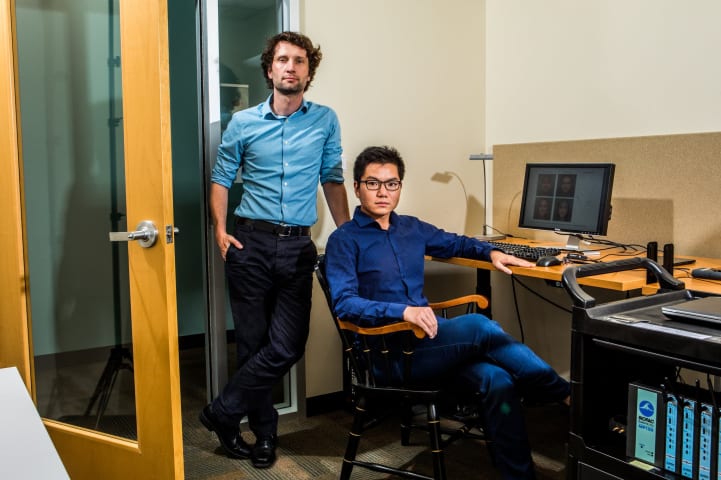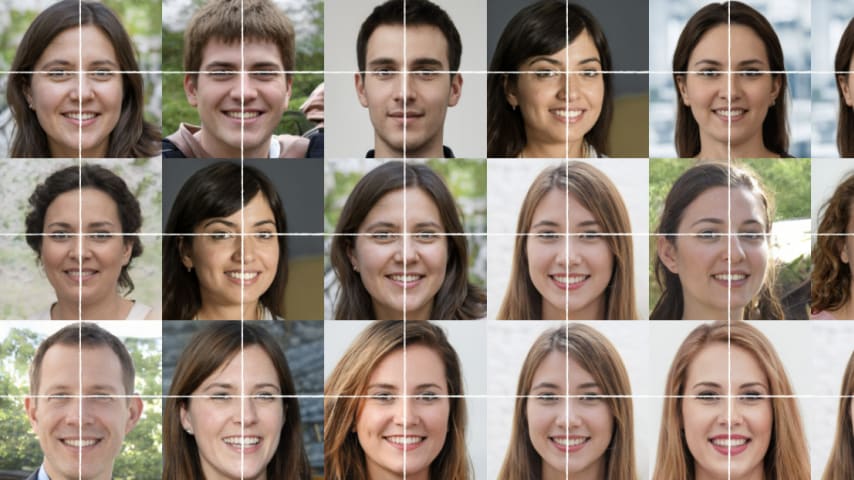Entities
View all entitiesGMF Taxonomy Classifications
Taxonomy DetailsKnown AI Goal Snippets
(Snippet Text: Presented with photos of gay men and straight men, a computer program was able to determine which of the two was gay with 81 percent accuracy, according to Dr. Kosinski and co-author Yilun Wang’s paper., Related Classifications: Behavioral Modeling, Snippet Discussion: Pairwise classification)
Risk Subdomain
2.1. Compromise of privacy by obtaining, leaking or correctly inferring sensitive information
Risk Domain
- Privacy & Security
Entity
Human
Timing
Post-deployment
Intent
Intentional
Incident Reports
Reports Timeline

Michal Kosinski felt he had good reason to teach a machine to detect sexual orientation.
An Israeli start-up had started hawking a service that predicted terrorist proclivities based on facial analysis. Chinese companies were developing fac…
Variants
Similar Incidents
Did our AI mess up? Flag the unrelated incidents
Similar Incidents
Did our AI mess up? Flag the unrelated incidents



